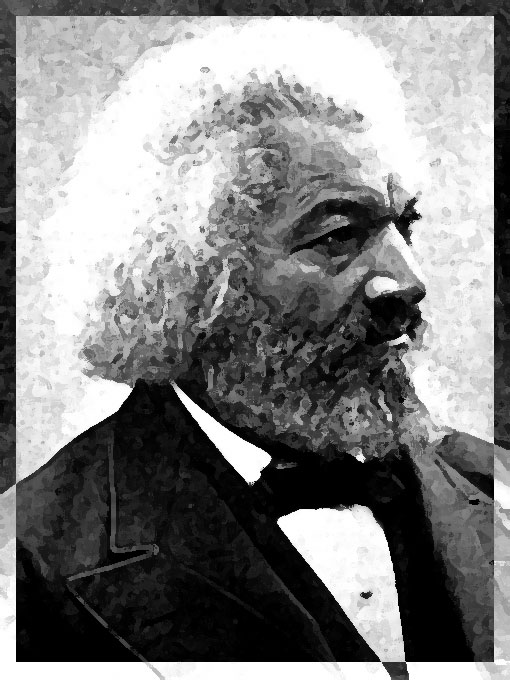In "My Escape from Slavery," Frederick Douglass reveals the missing piece of his autobiography, in a tale that could not have been told without endangering others while slavery continued to exist. In "The Destiny of Colored Americans," he looks to the future.
"In the first narrative of my experience in slavery, written nearly forty years ago, and in various writings since, I have given the public what I considered very good reasons for withholding the manner of my escape..." In "My Escape from Slavery," Frederick Douglass reveals the missing piece of his autobiography, in a tale that could not have been told without endangering others while slavery continued to exist.
"The white man's happiness cannot be be purchased by the black man's misery." "The Destiny of Colored Americans" is a prophetic essay first published in his abolitionist newspaper, the North Star. Douglass started adding his initials "F.D." at the end of his writing when it was questioned that such thoughtful, well-reasoned work could come from an ex-slave.
